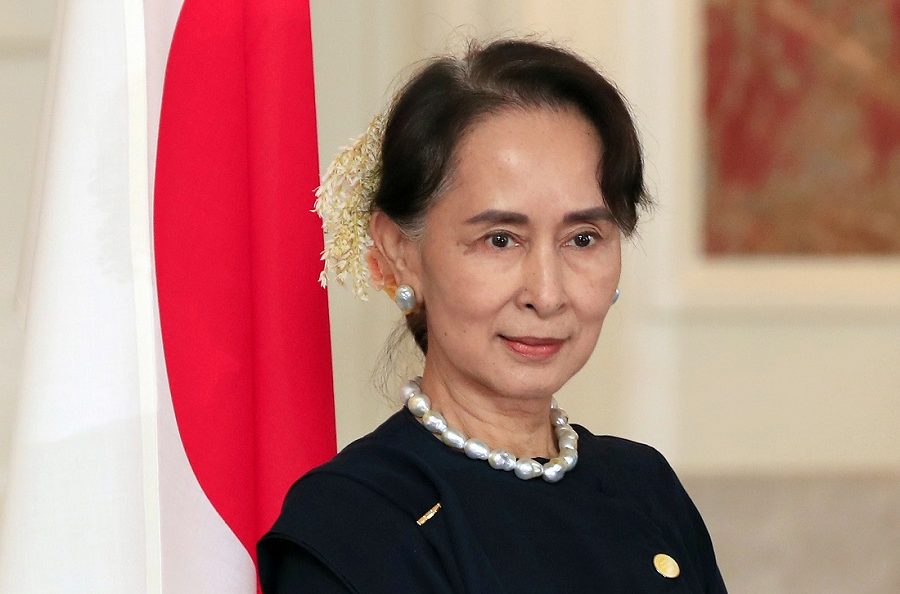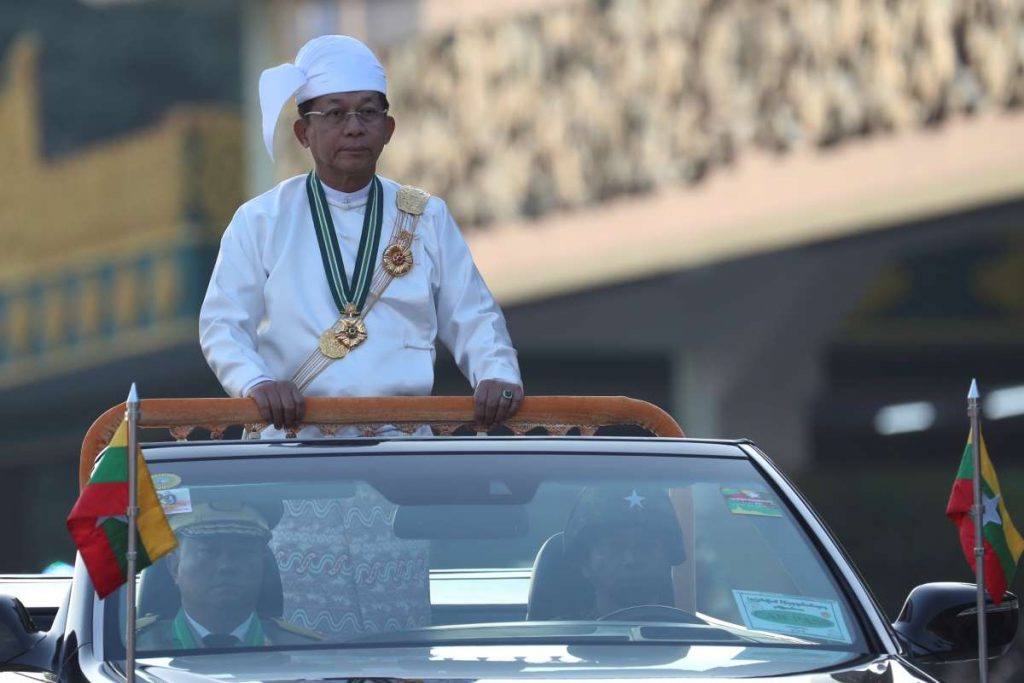EDITORIAL | Japan’s Myanmar Diplomacy Can Only Work with ASEAN’s Cooperation
Written by on January 24, 2023
The Myanmar crisis triggered by the military’s power grab in a coup d’etat has entered its third year. Meanwhile, the member states of the Association of Southeast Asian Nations (ASEAN) have made no progress toward resolving the crisis.
In a bid to break the deadlock, ASEAN called a ministerial-level conference in Bangkok, Thailand, in late December 2022.
Present at the conference, however, were no more than half of the 10 ASEAN member states. The Myanmar problem is bringing internal divisions in the regional group to the fore.
China, Russia, India Abstain UNSC Vote
Several countries at the meeting recognized the legitimacy of the military junta’s rule of Myanmar. Among them is Thailand’s Prayuth Chan-o-cha regime in which the military also plays a role. Vietnam and Laos, each of which is under a one-party communist rule, and the long-standing Cambodian administration of Prime Minister Hun Sen also recognize the Myanmar junta as Myanmar’s government.

A day before the Bangkok meeting, on December 21, the United Nations Security Council adopted a resolution calling for the immediate release of Myanmar’s pro-democracy opposition leader Aung San Suu Kyi and her associates. Twelve nations — such as the United States, Britain, and France — were in favor of the resolution. However, China, Russia, and India abstained.
Although a formal resolution was passed, the Security Council fell regrettably short of expressing a strong, unanimous will that the seizure of power by coup d’etat would never be recognized.
Aiding Repression in Myanmar
Geographically, ASEAN is located at the center of the Free and Open Indo-Pacific. And its member countries coordinate in order to exert strong influence through economic cooperation.
However, there is substantial economic disparity among them. At the same time, they lack a commitment to common principles, such as freedom and democracy. Therefore, the ASEAN nations have often become an arena for a major tug-of-war for power between the United States and China.

Leaders at the special ASEAN summit meeting in April 2021 reached an agreement to secure immediate cessation of violence in Myanmar. A dialogue among all parties concerned was to be launched. But the accord was nothing but an empty, verbal promise, allowing Myanmar’s iron-fisted rule to remain unchecked.
What is of concern in this connection is that Myanmar has become increasingly internationally isolated. In the process, it has stepped up its rapprochement with Russia. As there is military cooperation between the two, there are fears that some of Russia’s military technology could be transferred to Myanmar.
Making the Most of Relationship of Trust
This year, Japan will chair the Group of Seven (G7). It will also serve as a non-permanent member of the UN Security Council for the next two years.
Facing problems — such as Russia’s aggression against Ukraine, North Korea’s nuclear and missile development programs and its abductions of Japanese citizens — this will be a time for Japan to redouble its unique style of diplomacy. Tokyo should utilize the relationship of trust it has built with ASEAN in the postwar period through economic and humanitarian assistance.
Japan can play a major role in helping the ASEAN nations deepen their mutual integration as partners that share the values of the rule of law and democracy.
RELATED:
(Read the editorial in Japanese.)
Author: Editorial Board, The Sankei Shimbun
watch avatar the way of water full movie
watch avatar the way of water full movie
watch avatar the way of water full movie







